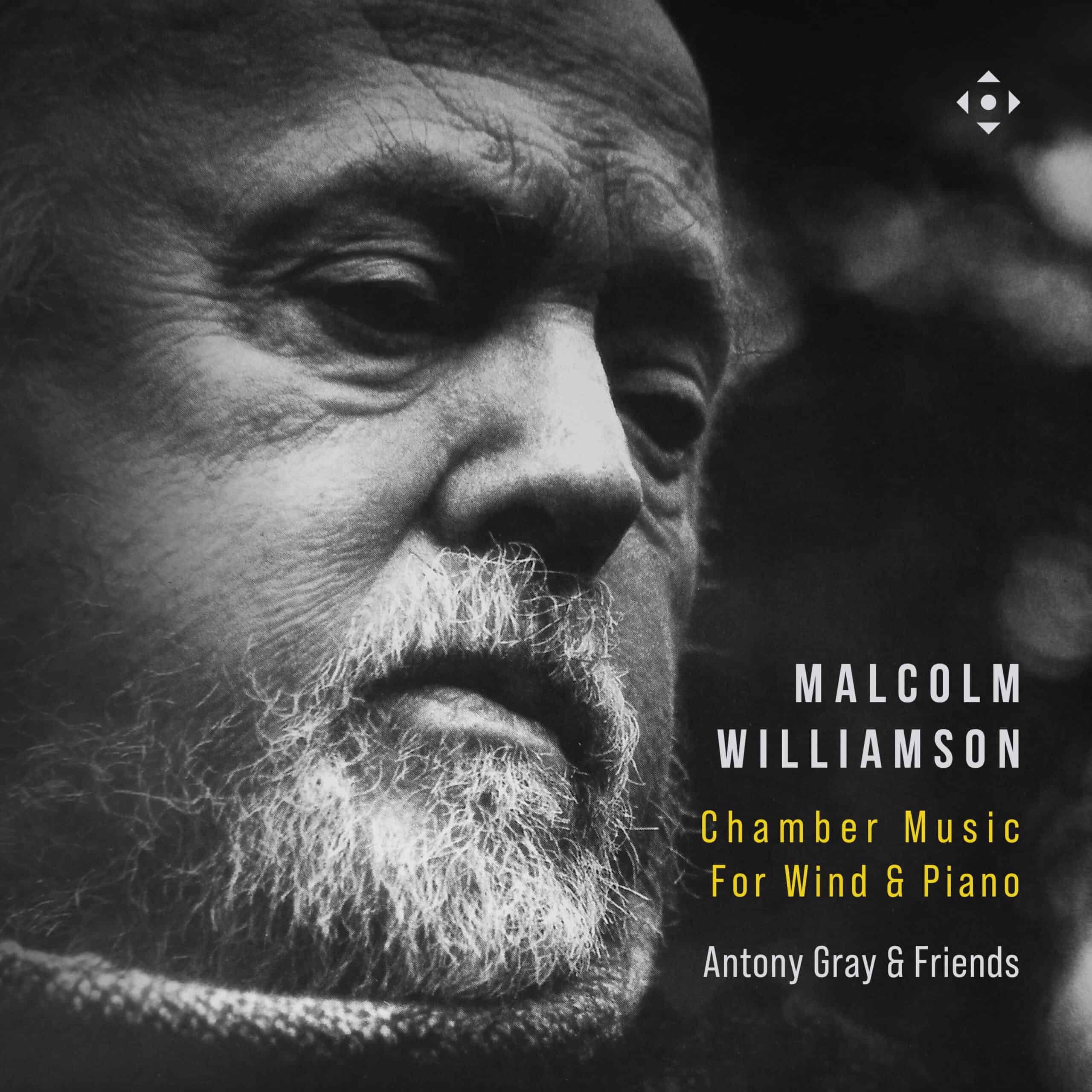BBC Music Magazine
Malcolm Williamson’s later life was often chaotic, which led to many of his works remaining unheard or disappearing from view, so it’s good that some of them are seeing the light of day. Most come from the 1960s and 70s, but Music for Solo Horn (1947) and the Clarinet Trio (1958) find the young composer stretching his wings, with brittenesque exuberance in the faster music, and the sound of birdsong and long melodic lines redolent of Messiaen in the slow movement of the Trio.
The 1966 Concerto for Wind Quintet and Two Pianos shows Williamson’s tougher side, with its serial musical language colouring a sinister encroaching march in the opening Lento followed by a fuguee whose tricky cross rhythms sometimes catch the performers out. A second Lento is gentler for much of the time, and it’s only the finale that reveals a more outgoing mood – again there’s sometimes a lack of ensemble in the performance.
A similar energy informs much of Pas de Quatre from the following year, more modestly scored for wind quartet and piano, but with the same thorny harmonic profile. An exception is the flowing Pas de deux where clarinettist Neyire Ashworth plays a beautifully long-breathed line over Antony Gray’s rippling piano accompaniment.
The emotional core of the album is Pietà, a 1973 setting of five poems by Par Lagerkvist, relating to Mary and the Crucifixion. It’s a slow, austere processional for most of its 20 minutes, with oboe and bassoon sinuously winding round the mezzo-soprano, Sally Lundgren, who could have a greater tonal range. But there is a concentration to the performance, with a hard earned taste of resolution in the final poem.
@divineartrecordingsgroup
A First Inversion Company
Registered Office:
176-178 Pontefract Road, Cudworth, Barnsley S72 8BE
+44 1226 596703
Fort Worth, TX 76110
+1.682.233.4978












